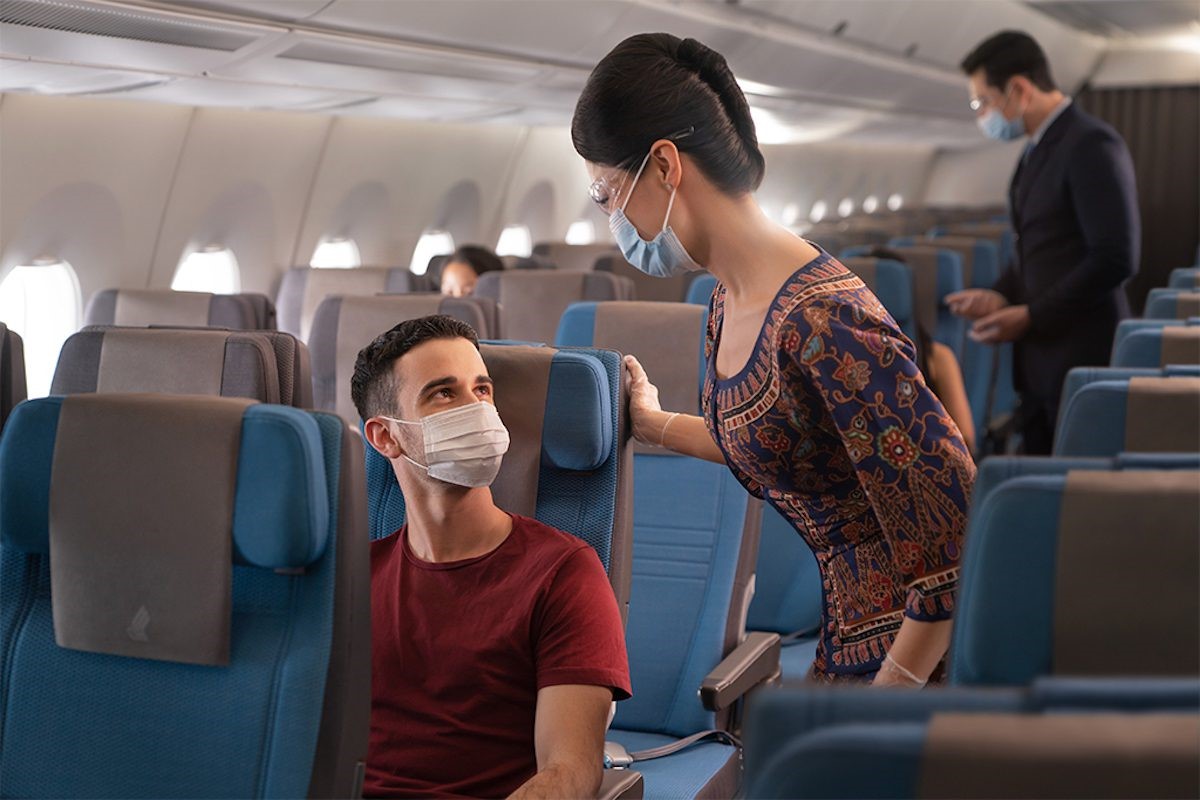
Traveling can be an exhilarating experience, but staying healthy and safe is crucial. Whether you're planning a weekend getaway or a month-long adventure, understanding travel health and safety is essential. From vaccinations to local customs, there are many factors to consider. Did you know that some countries require proof of specific vaccinations before entry? Or that drinking tap water in certain regions can lead to severe illness? Travel insurance can be a lifesaver if unexpected medical issues arise. Preparing for your trip involves more than just packing; it's about being informed and ready for anything. Let's dive into 18 essential facts that will help you travel smart and stay safe.
Key Takeaways:
- Stay healthy and safe while traveling by getting travel insurance, vaccinations, and packing a first aid kit. Hydrate, protect against common health risks, and take safety precautions to enjoy a worry-free trip.
- For long flights, remember to move around, stay hydrated, and get some sleep. Take care of your mental health by staying connected, taking breaks, and practicing mindfulness. Happy travels!
Importance of Travel Health and Safety
Traveling can be an exciting adventure, but staying healthy and safe is crucial. Here are some essential facts to keep in mind.
-
Travel Insurance: Always get travel insurance. It covers unexpected medical expenses, trip cancellations, and lost luggage.
-
Vaccinations: Check required vaccinations for your destination. Some countries need proof of immunization for entry.
-
First Aid Kit: Pack a basic first aid kit. Include bandages, antiseptic wipes, pain relievers, and any personal medications.
-
Hydration: Staying hydrated is vital. Carry a reusable water bottle and drink plenty of water, especially in hot climates.
Common Travel Health Risks
Understanding common health risks can help you prepare better for your trip.
-
Traveler’s Diarrhea: A common issue caused by contaminated food or water. Carry anti-diarrheal medication and drink bottled water.
-
Mosquito-Borne Diseases: Diseases like malaria and dengue fever are spread by mosquitoes. Use insect repellent and sleep under mosquito nets.
-
Altitude Sickness: High altitudes can cause headaches, nausea, and dizziness. Ascend slowly and stay hydrated.
-
Sunburn: Overexposure to the sun can lead to severe sunburn. Use sunscreen with high SPF and wear protective clothing.
Safety Precautions
Taking safety precautions can prevent many travel mishaps.
-
Local Laws: Familiarize yourself with local laws and customs. What’s acceptable at home might be illegal abroad.
-
Emergency Contacts: Keep a list of emergency contacts, including local emergency numbers and your country’s embassy.
-
Secure Belongings: Use a money belt or hidden pouch to keep your valuables safe. Avoid displaying expensive items.
-
Travel Alerts: Check travel advisories for your destination. Stay informed about any potential risks or dangers.
Health Tips for Long Flights
Long flights can be taxing on your body. Here are some tips to stay healthy.
-
Move Around: Walk around the cabin periodically to prevent blood clots. Stretch your legs and do simple exercises.
-
Stay Hydrated: Airplane cabins are dry. Drink water regularly and avoid alcohol and caffeine.
-
Sleep: Try to get some sleep during the flight. Use a neck pillow and eye mask to make yourself comfortable.
Mental Health While Traveling
Traveling can be stressful. Taking care of your mental health is just as important.
-
Stay Connected: Keep in touch with family and friends. Regular communication can help reduce feelings of loneliness.
-
Take Breaks: Don’t over-schedule your trip. Allow time for rest and relaxation.
-
Mindfulness: Practice mindfulness or meditation. It can help manage stress and enhance your travel experience.
Staying Safe and Healthy While Traveling
Traveling can be an amazing adventure, but staying safe and healthy is key. Always research your destination's health risks and pack necessary medications. Don't forget to get vaccinated if needed. Keep a first aid kit handy for minor injuries. Stay hydrated, especially in hot climates, and be cautious with local food and water to avoid stomach issues.
Be aware of your surroundings and trust your instincts to avoid unsafe situations. Make copies of important documents like your passport and keep them in a separate place. Travel insurance can be a lifesaver in case of emergencies.
Remember, a little preparation goes a long way in ensuring a smooth trip. By taking these precautions, you can focus on enjoying your journey and making unforgettable memories. Safe travels!
Frequently Asked Questions
Was this page helpful?
Our commitment to delivering trustworthy and engaging content is at the heart of what we do. Each fact on our site is contributed by real users like you, bringing a wealth of diverse insights and information. To ensure the highest standards of accuracy and reliability, our dedicated editors meticulously review each submission. This process guarantees that the facts we share are not only fascinating but also credible. Trust in our commitment to quality and authenticity as you explore and learn with us.


